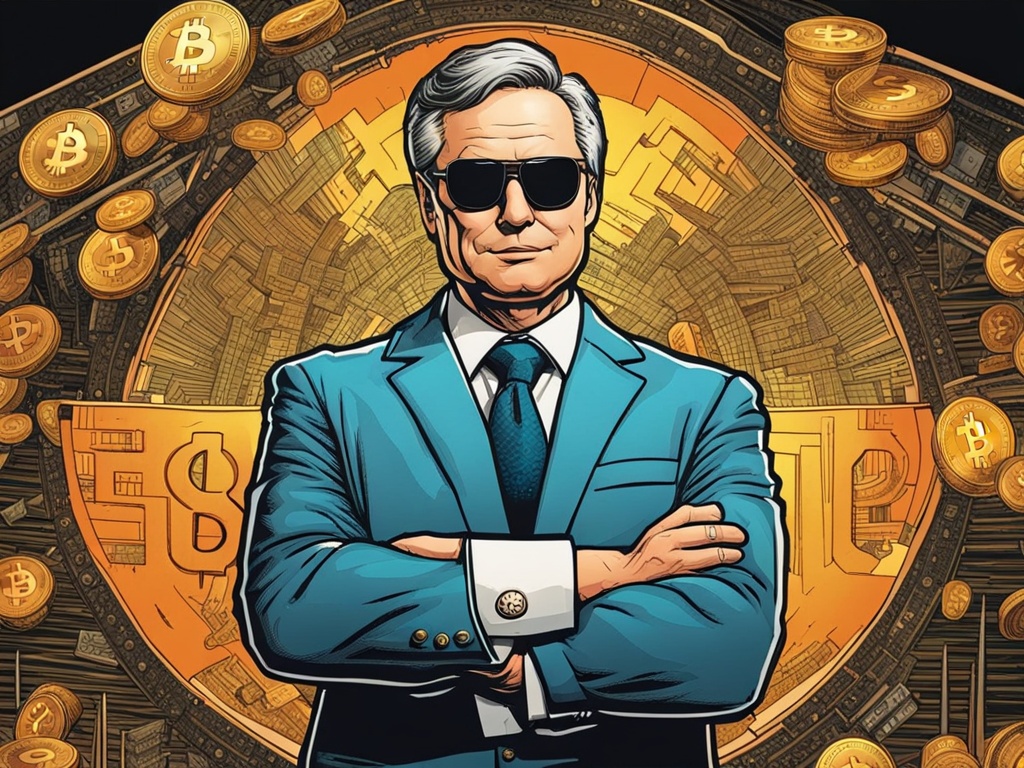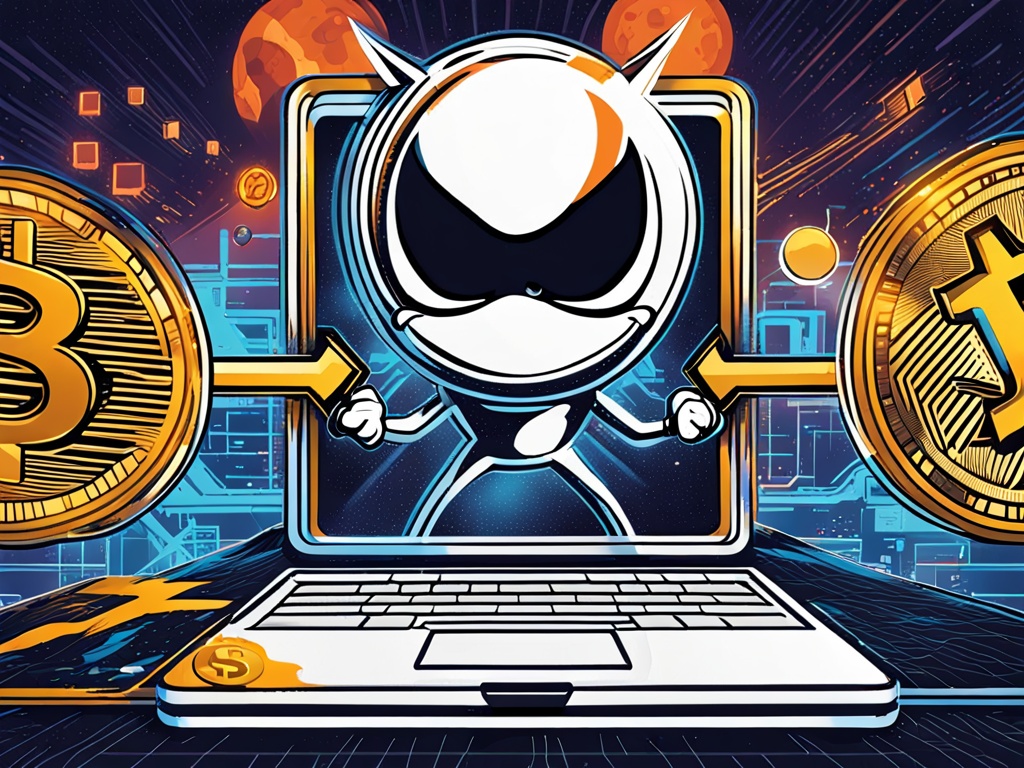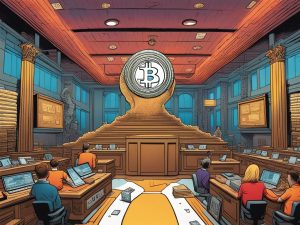What Does Meta’s Shift to Community Notes Mean for the Crypto Market?
Hey there! So, let’s have a heart-to-heart about something that’s been making waves in the crypto world: Meta’s decision to ditch third-party fact-checkers in the U.S. and adopt a community-driven approach instead. Now, you might be wondering what this has to do with cryptocurrency, but trust me, it’s linked in ways you might not expect. Grab a cup of chai (or coffee), and let’s dig into this together!
Key Takeaways:
- Meta is replacing third-party fact-checkers with user-generated community notes.
- This shift could lead to an increase in misinformation, impacting sectors reliant on trust, like crypto.
- Communities need to take charge and remain vigilant against misinformation.
- Be aware: this model could soon be implemented in markets like India.
Meta’s Big Shift: Community Notes Over Fact-Checkers
Okay, first off, let’s break down the fundamentals. Meta, the brains behind platforms like Facebook and Instagram, has decided they’re done with third-party fact-checkers in the U.S. Instead, they’re banking on users to rate the quality of content through something called Community Notes. Sounds a bit like a high school project where everyone’s grading each other, right? While it might sound democratic and engaging, experts are waving red flags.
Phil Bloomer from the Business and Human Rights Resource Centre highlighted the surge of conflict and disinformation in our current world (think fake news, conspiracy theories, the whole shebang). For social media users, this means navigating a sea of unreliable information—definitely not what we want when trying to make informed decisions about everything, including investing in cryptocurrencies.
Implications for Crypto Investors
Now, how does misinformation impact our beloved crypto market? Well, the crypto space thrives on trust and knowledge. Investors need sound information to make decisions, whether they’re looking to buy Bitcoin for the long haul or trying to catch the latest meme coin trend. If we suddenly have a flood of unreliable information being circulated, it’s like walking through a minefield blindfolded.
- Misinformation can lead to panic: Imagine a rumor about a leading cryptocurrency facing regulatory issues spread like wildfire on social media. Investors may panic and sell off, leading to volatility in prices—even if the information is false.
- Community Trust: If the community needs to essentially fact-check rumors, it’s going to take much longer to validate or debunk. This could slow down decision-making, and in the fast-paced crypto market, time is money!
Looking Ahead: A Potential Impact in India
What’s more concerning is that while this is currently capped at the U.S., experts suggest other regions like India might soon follow suit. Since Meta already collaborates with a bunch of fact-checking companies in India, transitioning to community notes could considerably worsen the spread of misinformation in diverse contexts. This is significant because, in a country like India, interpretations of the same piece of information can be drastically different due to cultural nuances.
Pratishtha Arora, CEO of Social and Media Matters, points out the urgency and the failure of platforms to react swiftly to flagged content. In a fast-paced environment like cryptocurrency, where every second counts, you want platforms to be communicative, accurate, and dynamic.
Practical Tips for Navigating the Misinformation Maze
So, what does this mean for you as a potential crypto investor? Here are some practical tips to shield yourself from the looming tide of misinformation:
- Stay skeptical: Always question the credibility of sources. Just because someone loudly proclaims something on social media doesn’t make it true.
- Cross-verify information: Use multiple sources to check facts. Websites focused on crypto news, like CoinDesk or The Block, can be trusted more than random tweets or posts.
- Engage with the community: When you’re part of forums like Reddit or Discord groups, you’ll get perspective from fellow investors that can help clarify situations and provide support.
- Follow official announcements: Keep an eye on announcements from official regulatory bodies. Reliable updates can help ease tensions when misinformation arises.
Personal Insights and Reflections
Honestly, as a young woman navigating this male-dominated crypto space, it just feels daunting sometimes. There’s so much misinformation flying around, and as passionate as I am about this field, it can be overwhelming. I can’t tell you how many times I’ve seen people panic over something that was later clarified!
I believe that building a community that holds each other accountable will be essential. We need to educate one another, share reliable sources, and work on creating a safe space for knowledge sharing.
Final Thoughts
So here’s my final thought for you: as technology evolves and social media changes the landscape of information dissemination, our approach to investing, especially in volatile sectors like crypto, must be equally adaptive. How do we build trust in an environment where misinformation is creeping in?
Let’s keep discussing this, and always remember—trust your instincts, do your research, and when in doubt, ask questions! What strategies do you think could help combat misinformation in our communities?





 By
By
 By
By
 By
By

